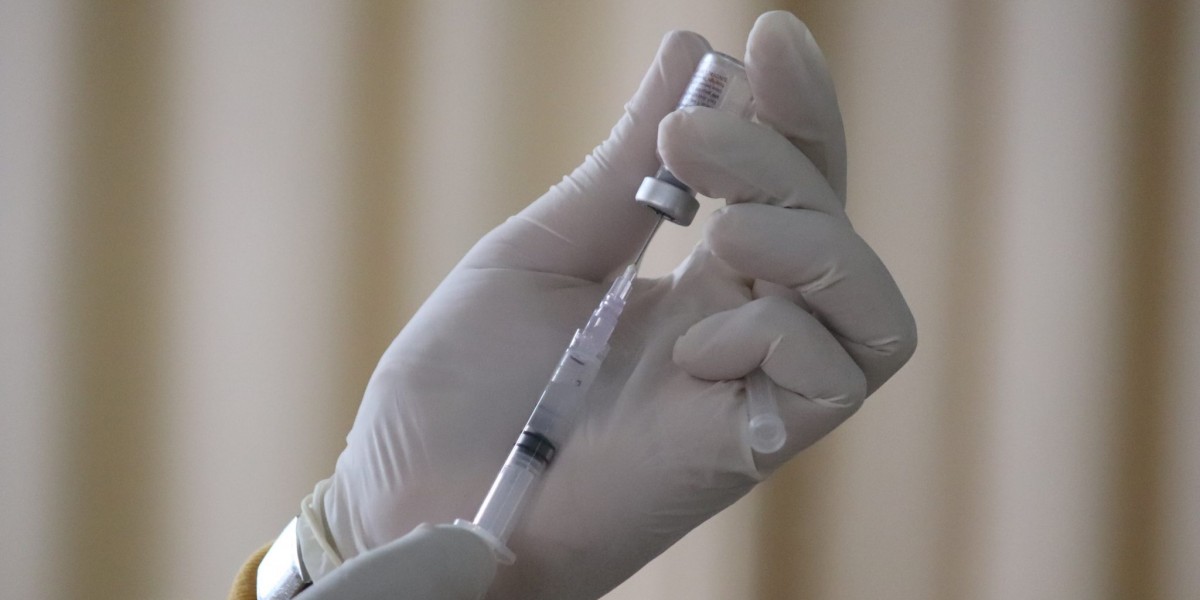
Social norms, conspiracy theories and vaccine scepticism: a snapshot from the first year of the COVID-19 pandemic in Poland
In January 2022, Poland experienced the highest rate of SARS-CoV-2 transmission since the beginning of the COVID-19 pandemic. Considering the widespread consensus among experts about the efficacy of vaccines in preventing hospitalisation and death resulting from the virus, low vaccination rates and widespread anti-vaccine sentiments in Poland are of great concern. We use data from the DIAGNOZA+ Survey to demonstrate the relationship between various demographic characteristics, opinions around certain gender norms, the propensity for conspiratorial thinking, concern about the pandemic, and vaccine scepticism. While controlling for exogenous demographic characteristics, we measure the strength of the relationship between various beliefs that people hold and how they feel about the COVID-19 vaccine. Our analysis indicates that while respondents who hold more traditional views on gender roles are 6 percentage points less likely to get vaccinated, those who agree with a variety of conspiratorial statements are 43 percentage points less likely to vaccinate against COVID-19.



